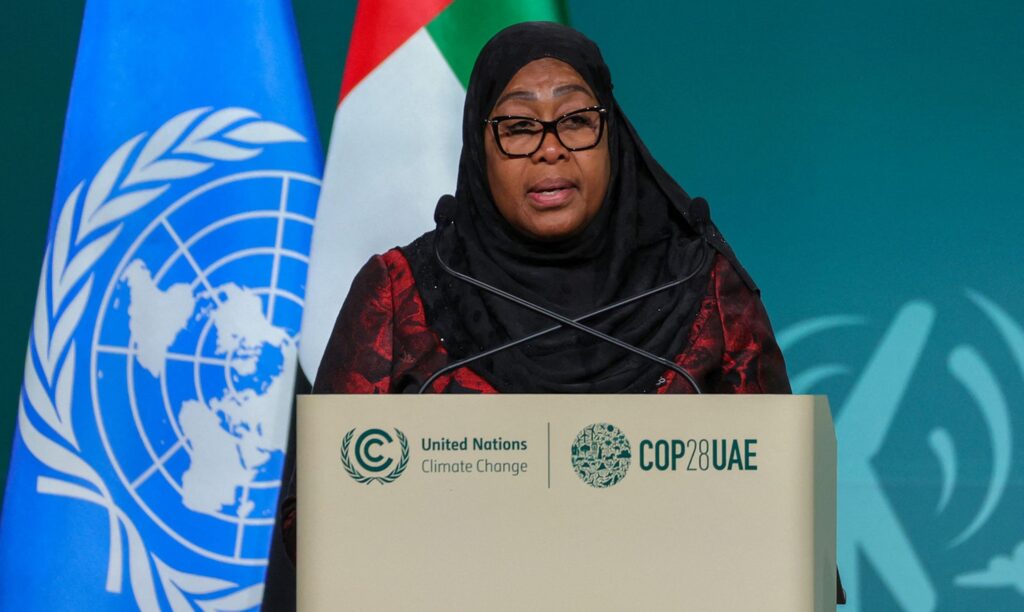Tanzania urges COP29 to prioritize clean cooking as a climate mitigation strategy

Tanzania’s Vice President, Philip Mpango, has called on the 29th session of the Conference of the Parties (COP29) to place clean cooking at the forefront of global climate change mitigation efforts.
In a speech delivered at the ongoing conference in Baku, Azerbaijan, Mpango highlighted the crucial role that clean cooking solutions can play in reducing deforestation, improving public health, and tackling climate change.
In his address, Mpango emphasized that approximately 900 million people across Africa still rely on biomass fuels such as wood, charcoal, and crop residues for cooking.
This practice not only accelerates environmental degradation, including deforestation and the loss of carbon sinks, but also contributes significantly to health issues, with smoke inhalation from traditional cooking methods causing numerous deaths each year.
“The consequences of this unsustainable cooking method are severe, and it is imperative that we address this issue as part of our global efforts to combat climate change,” Mpango stated.
“Transitioning to clean cooking solutions is not just an environmental necessity, but a health imperative for millions across the continent.”
Mpango also outlined Tanzania’s commitment to promoting clean cooking across Africa, sharing the country’s ambitious strategy to provide clean, safe, and affordable cooking energy to 80% of Tanzanian households by 2034.
This plan is part of a broader continental effort to address the challenges posed by traditional cooking practices, which remain a significant source of pollution and contribute to the acceleration of climate change.
He further underscored the importance of international cooperation, calling for increased funding to support clean cooking initiatives across Africa.
Mpango referred to the Pan-African Program for Women’s Clean Cooking, a project aimed at empowering women and promoting clean cooking solutions continent-wide.
He noted that the program requires an estimated $4 billion in annual funding by 2030 to achieve its goals.
In his concluding remarks, Mpango urged global leaders at COP29 to prioritize clean cooking as a critical component of climate action and sustainable development.
“Investing in clean cooking solutions is an investment in both our environment and our people’s health,” he said.
About The Author
dailymailafric
I am an avid African news observer, and an active member of Daily Mail Africa.
I’m Passionate about staying informed on diverse topics across the continent,
I actively contribute to publishing on political, economic and cultural developments in Africa.



